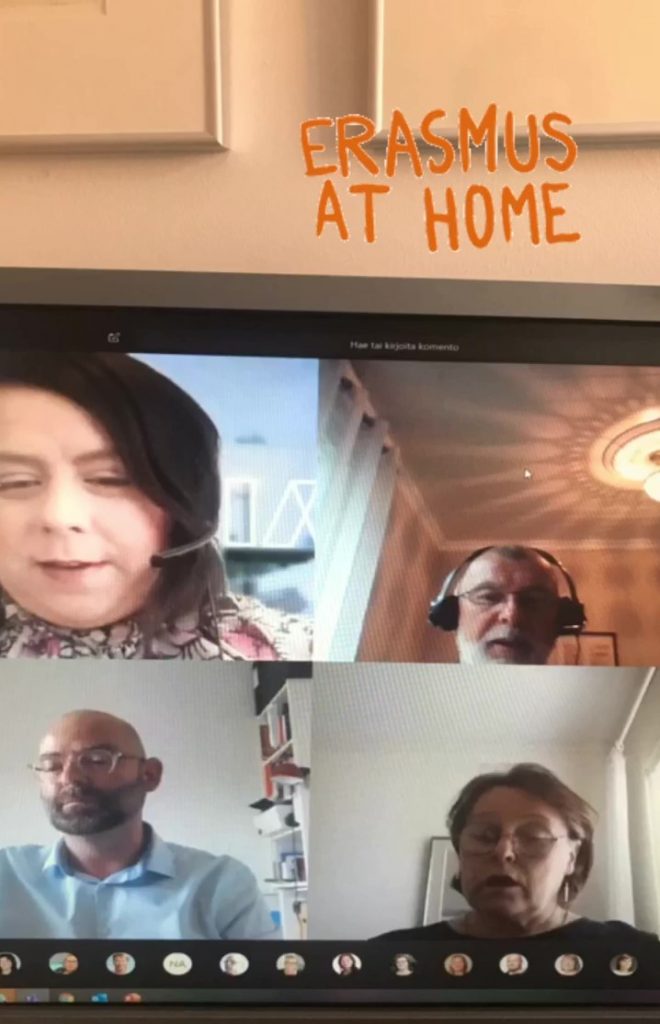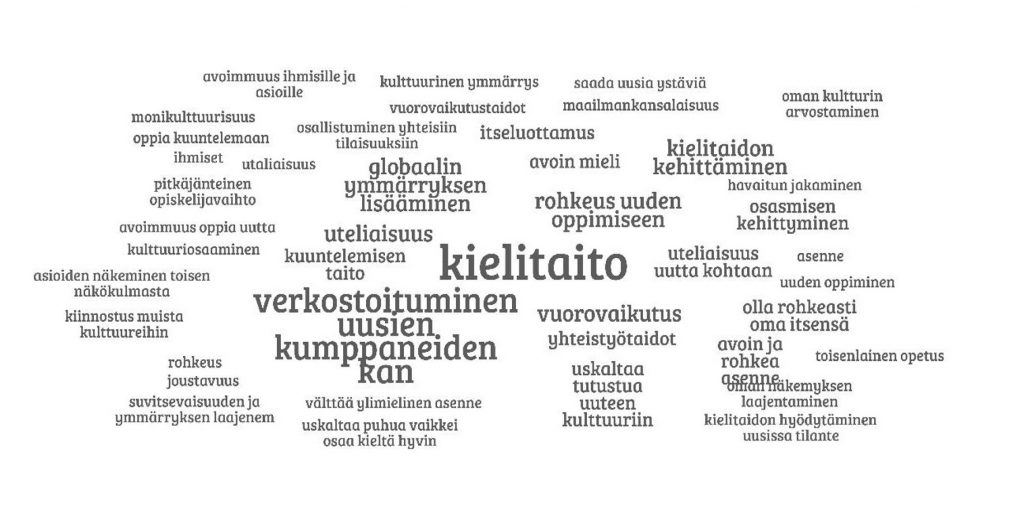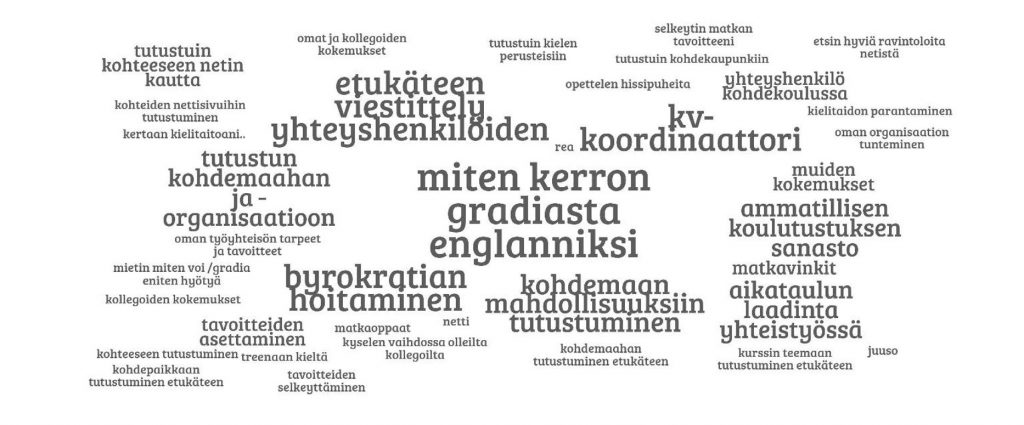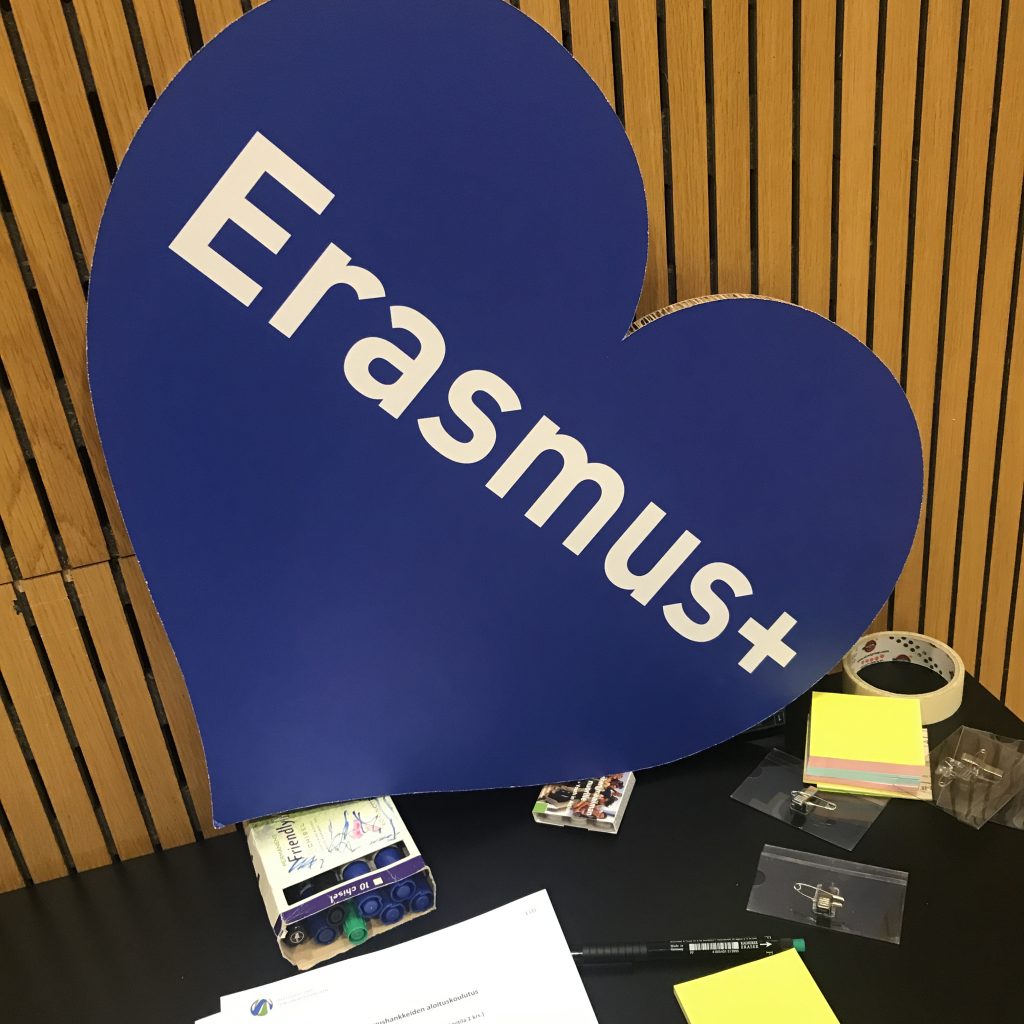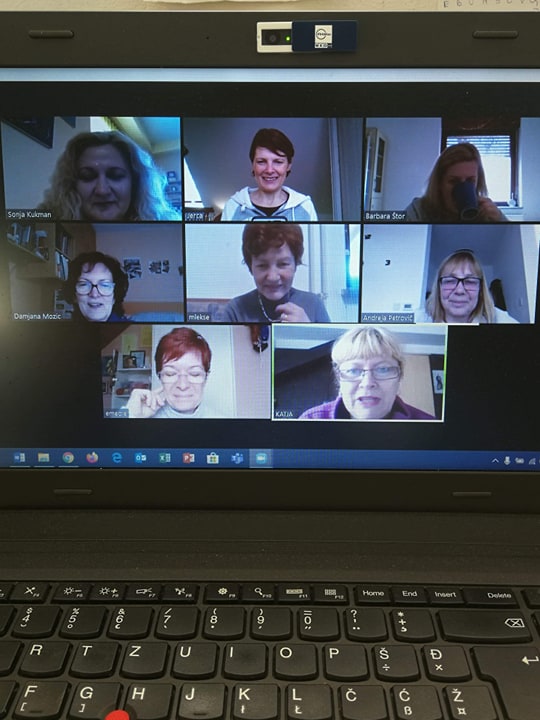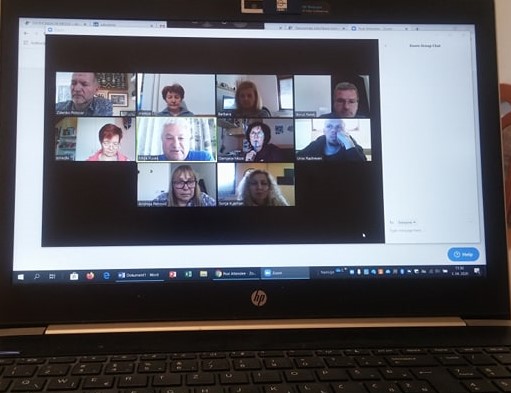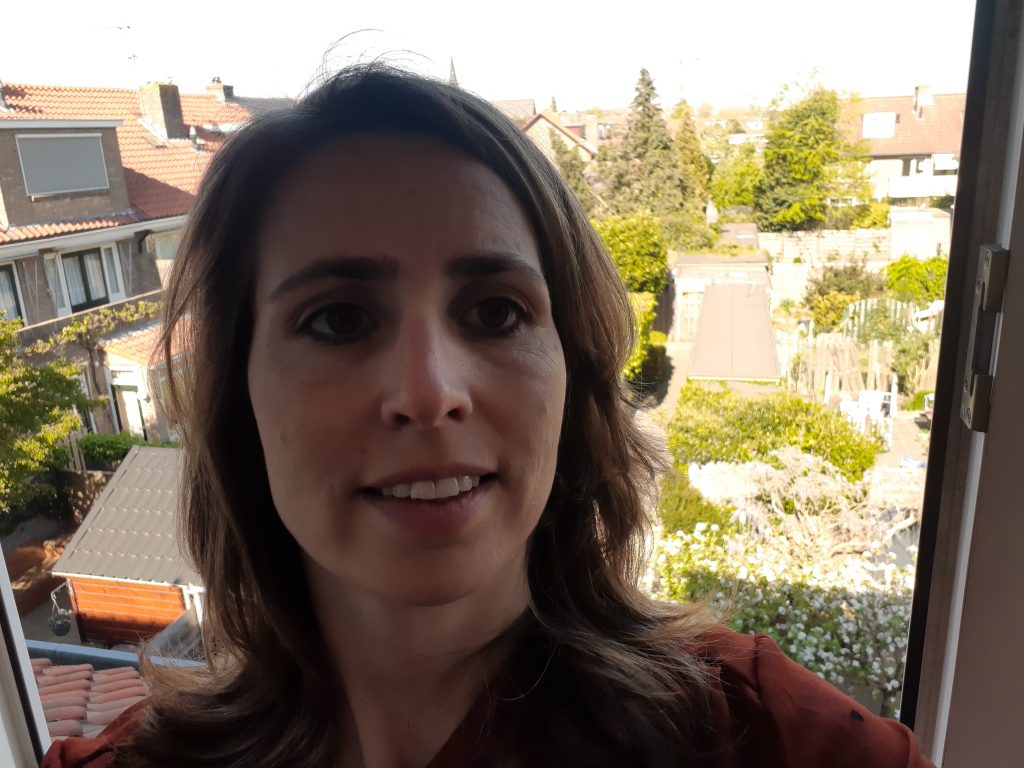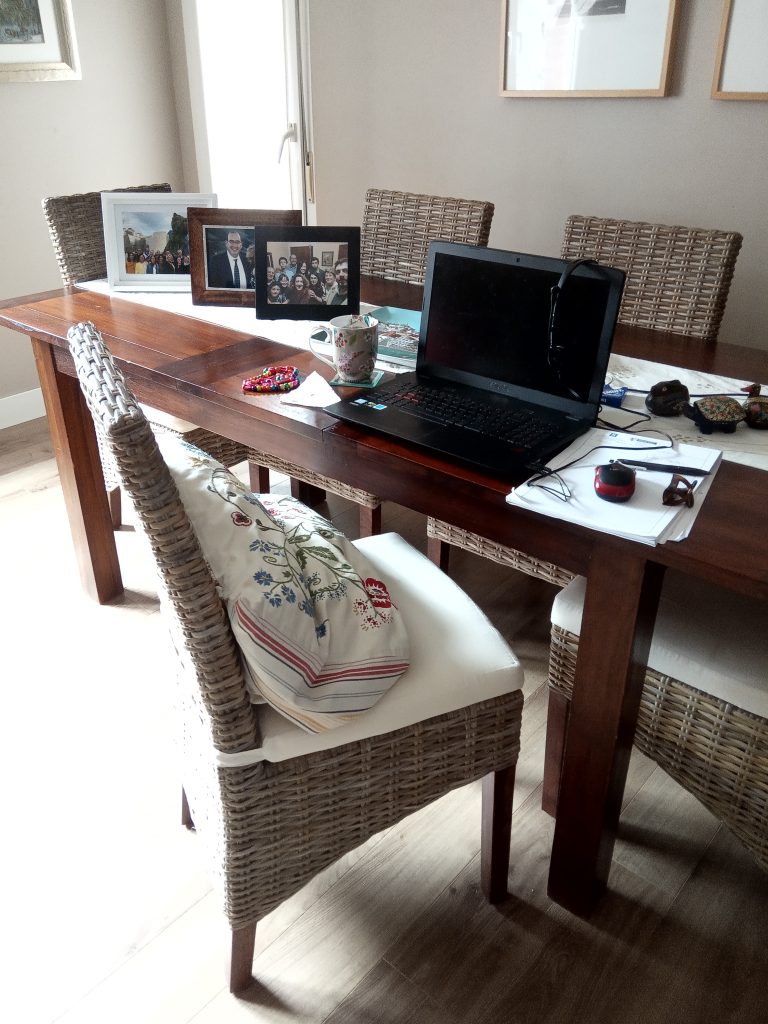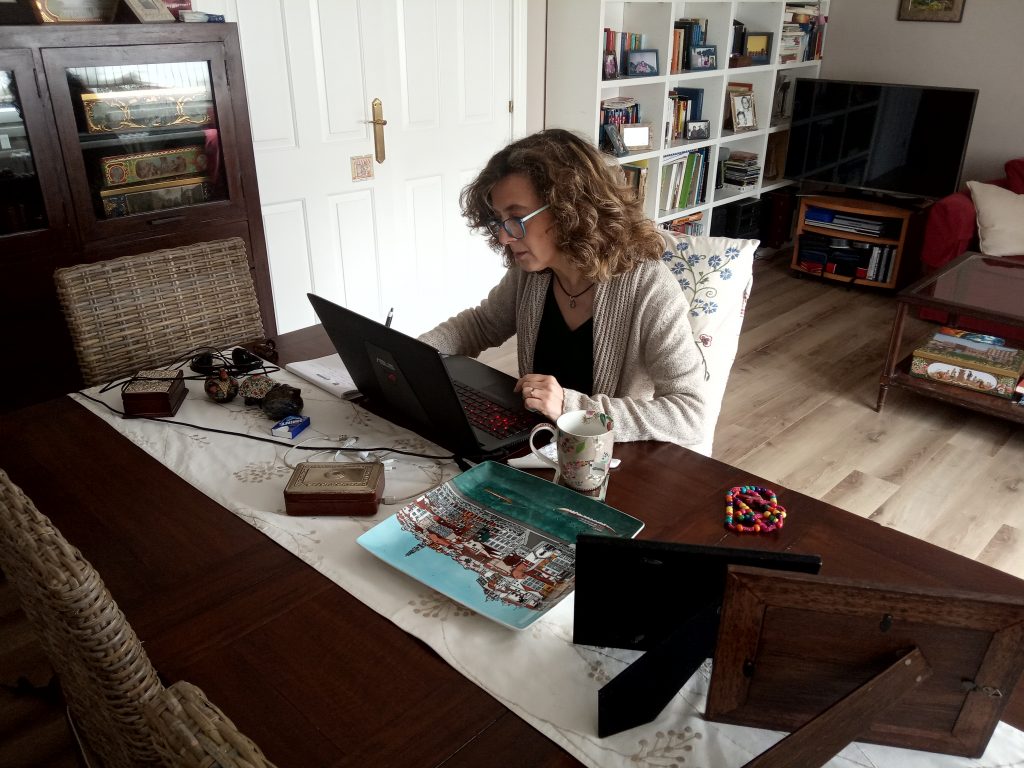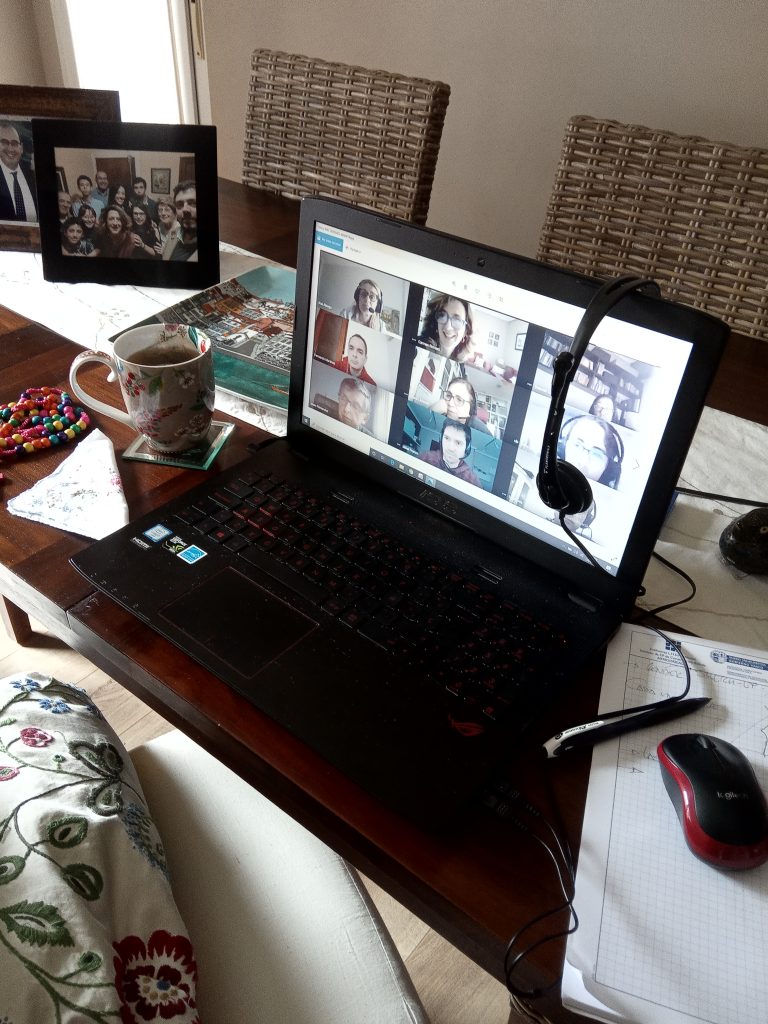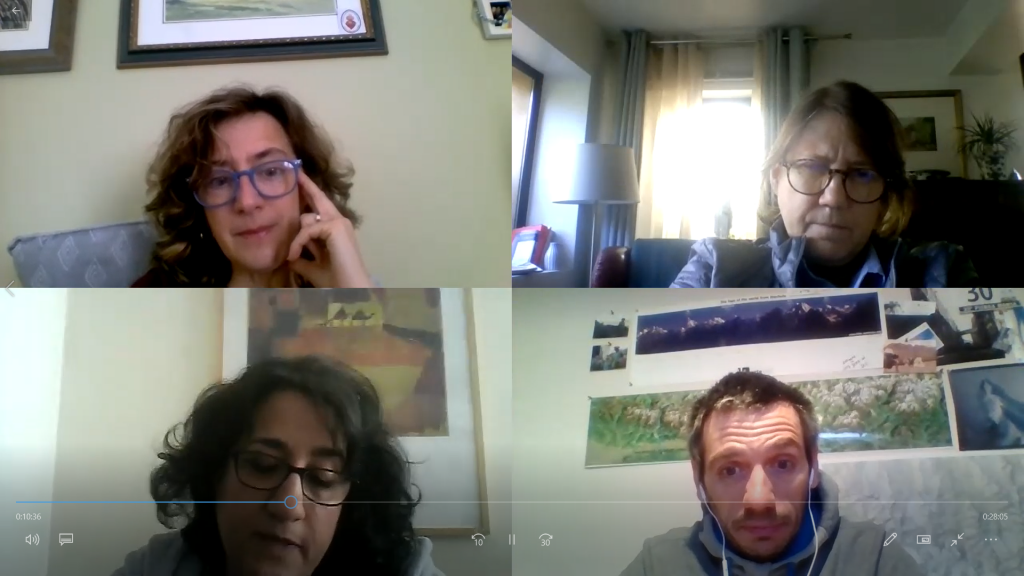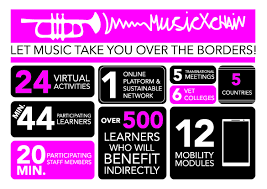
The MusicXchain is a network of six (6) education providers from five (5) member states (Finland, Latvia, Germany, Netherlands and Slovenia) all offering upper secondary VET education in music.
The Erasmus+ KA2 project with the same name has focused on key competences of learners in the music sector by creating new and innovative ways for cooperating and learning and thus enhancing their networking and digital skills as well as fostering an entrepreneurial mindset necessary for a successful career in the creative industries.
The MusicXchain project main aims have been to yield a number of tangible results on completion of the project such as
• a structured platform for managing and coordinating the network activities including a calendar of mobility modules and other events offered within the network;
• a structured model for organizing learning mobility in the music sector taking into consideration the strengths and expertise of each participating college;
• a facility (within the platform) for virtual music lab activities where masterclasses, validated technique videos and e.g. career stories of alumni can be shared or music productions can be planned.
On the participating VET providers level the results have been
- an exchange of knowledge, skills and experience between organizations;
- a significant increase in the number of learners in the music sector gaining an international experience through virtual communication initiatives and physical learning mobility;
- a stronger focus on fostering an entrepreneurial mindset within the staff and the learners;
- embedment – project activities and results have helped to create an awareness that internationalization provides an attractive, modern and functional context for VET curricula;
- upskilled teachers – the project has also induced the need for modernisation of teaching and need for professionalisation of staff e.g. in the area of using digital tools for music lab activities at home.
On both European and national level the intangible results have been the following:
• A sustainable network of VET providers in the music sector – the project has involved international cooperation between VET colleges in five (5) EU member states whilst creating learning mobility opportunities, (virtual and physical) the projects core goal has been to create a strong and sustainable EU partnership for learning mobility;
• More efficient use of European tools such as Europass and ECVET. The latter has been used to describe the knowledge, skills and competences learners can attain whilst doing a module abroad or virtual music lab activities at home, thus developing recognition, transparency and certification and to realise the latter, it has been important to have the developed products embedded in the partners’ curricula;

Join the celebration and learn more about the network and the project by coming to the MusicXchain webinar on Thursday 5 November 2020 13-17:30 CET/ 14-18:30 EET.
Register for the event HERE
Questions re. the webinar: Ineke Saade i.sadee(at) rijnijssel.nl
Information about the network and project https://blogit.gradia.fi/musicxchain/
